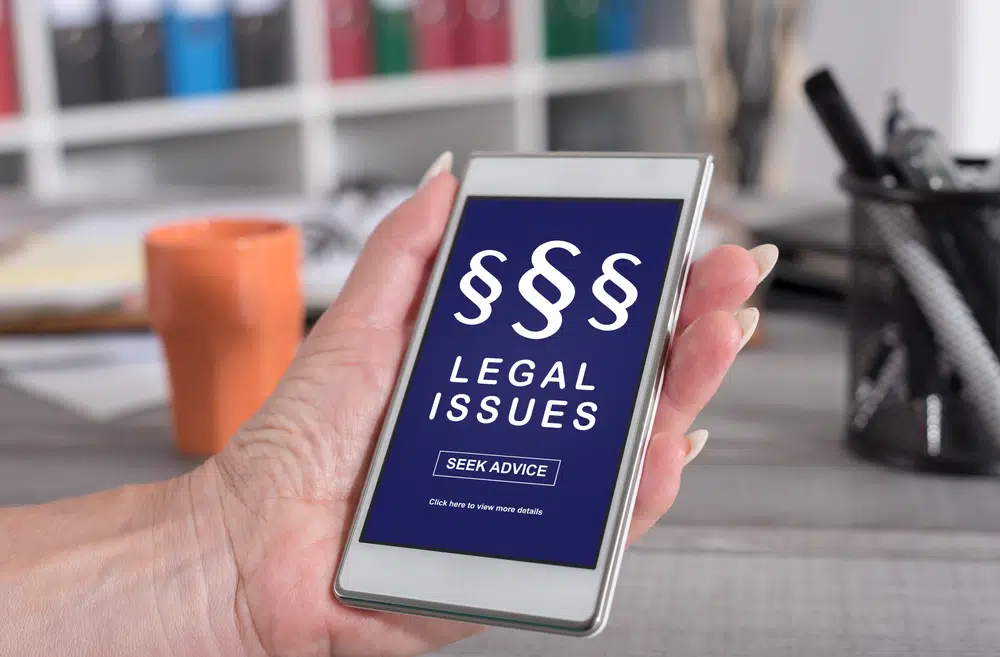 For record shops, there are a few key legal issues to be aware of. First, it is important to make sure that all recordings in the shop are properly licensed. This includes both the physical copies of albums and any digital files that may be offered for sale or download. Secondly, it is important to ensure that the artwork and packaging for all recordings comply with copyright law.
For record shops, there are a few key legal issues to be aware of. First, it is important to make sure that all recordings in the shop are properly licensed. This includes both the physical copies of albums and any digital files that may be offered for sale or download. Secondly, it is important to ensure that the artwork and packaging for all recordings comply with copyright law.
This includes ensuring that all artwork is original and has been properly licensed for use. Finally, it is important to be aware of laws governing the sale of second-hand recordings. In many jurisdictions, there are restrictions on the sale of used recordings, so it is important to check with local authorities before offering any used items for sale.
By being aware of these legal issues and taking steps to comply with the relevant laws, record shops can help to avoid potential legal problems down the road. You should be aware of some areas of general retailing legislation even though there is no specific legislation relating to the retail sale of recorded music.
Please contact your local trading standards department if you are uncertain about any of the laws that apply to your record shop.
What licences does a record shop need?
Record shops that offer recorded music for sale are not subject to licensing requirements.
There are, however, a few things you should keep in mind:
- The shop may require a Music Licence from PPL PRS Ltd if (as is likely) background music is played. PPL PRS charges an annual fee, which can be paid online
- You are going to need an additional licence from VPL (a subsidiary of PPL) if you show music videos in your shop.
Licensing of second-hand dealers
In addition to or instead of selling new records, you might sell second-hand music. Second-hand dealers in Scotland must be licensed or registered by their local authorities. A business can only deal in second-hand goods incidentally if it is the main focus of the business.
Additionally, in some counties in the UK, local authorities license or register businesses where second-hand dealing is not just incidental but is the main business. You can obtain guidance from your local authority’s trading standards department if you have any doubts about whether your business requires a second-hand dealer license.
Retailing
Retail outlets are subject to a range of legislation that protects the interests of consumers. There must be no misleading descriptions of goods and services, and retailers must clearly display retail prices. It is your responsibility to ensure that all goods and services are fit for their intended purposes and are of satisfactory quality. If you sell things by mail order or online, there is additional consumer protection legislation that applies.
On the Trading Standards Business Companion website, you can find detailed information about your legal obligations to consumers and the requirements for selling online. The Gov.uk website also provides information about consumer protection and fair-trading legislation.
Selling online
The Distance Selling Regulations are a set of laws that govern the sale of goods and services online. These regulations protect consumers by giving them certain rights, such as the right to cancel an order within 14 days of receipt. The Distance Selling Regulations also require businesses to provide certain information to consumers before they purchase, such as the total price of the goods or services and the company’s returns policy.
By understanding and complying with the Distance Selling Regulations, businesses can ensure that they are selling online in a fair and legal manner.
Carrier bag charge
England charges 5 pence per employee, but small and medium-sized businesses (with fewer than 250 employees) are exempt from the charge. The gov.uk website provides detailed guidance.
If retailers provide their customers with a single-use carrier bag, they must charge at least 5 pence. There are no exceptions to this rule for single-use bags, whether they are made of plastic, paper, or plant-based starch. The Zero Waste Scotland and Gov.Wales websites provide detailed guidance.
A 5 pence levy is required in Northern Ireland on all bags less than 20 pence in retail price (including free bags).
Health & Safety, fire
Health and safety regulations at work and fire safety regulations must be followed.
Employment legislation
Employment laws must be followed by anyone who employs staff. In addition to contracting, pay, working hours, holidays, and employment policies, legislation covers sickness, immigration, maternity, paternity, disability, discrimination, discipline, grievances, dismissals, and redundancies.
Insurance for a record shop
The insurer or broker will be able to tell you what insurance coverage you need by law, and what other coverage you should consider. The following are possible examples:
- Premises, premises contents and stock
- Goods in transit
- Money
- Business interruption
- Employers’ liability
- Public liability
- Motor insurance to cover business vehicles, etc
Conclusion
Record shop retailers need to be aware of any protection legal issues that shops may come across, these are mainly as they are customer facing issues such as claims from customers entering or leaving the premises. Holding public liability insurance will ensure if any legal issue is raised against your record shop you are fully protected, the sale also goes for holding employers liability insurance, for claims incase a staff member injures themselves whiles at work.
Read more: Record shop sector trends
Lee Jones is a seasoned Business Finance Specialist with over two decades of invaluable experience in the financial sector. With a keen eye for market trends and a passion for helping businesses thrive, Lee has become a trusted advisor to countless organizations seeking to navigate the complexities of finance.


